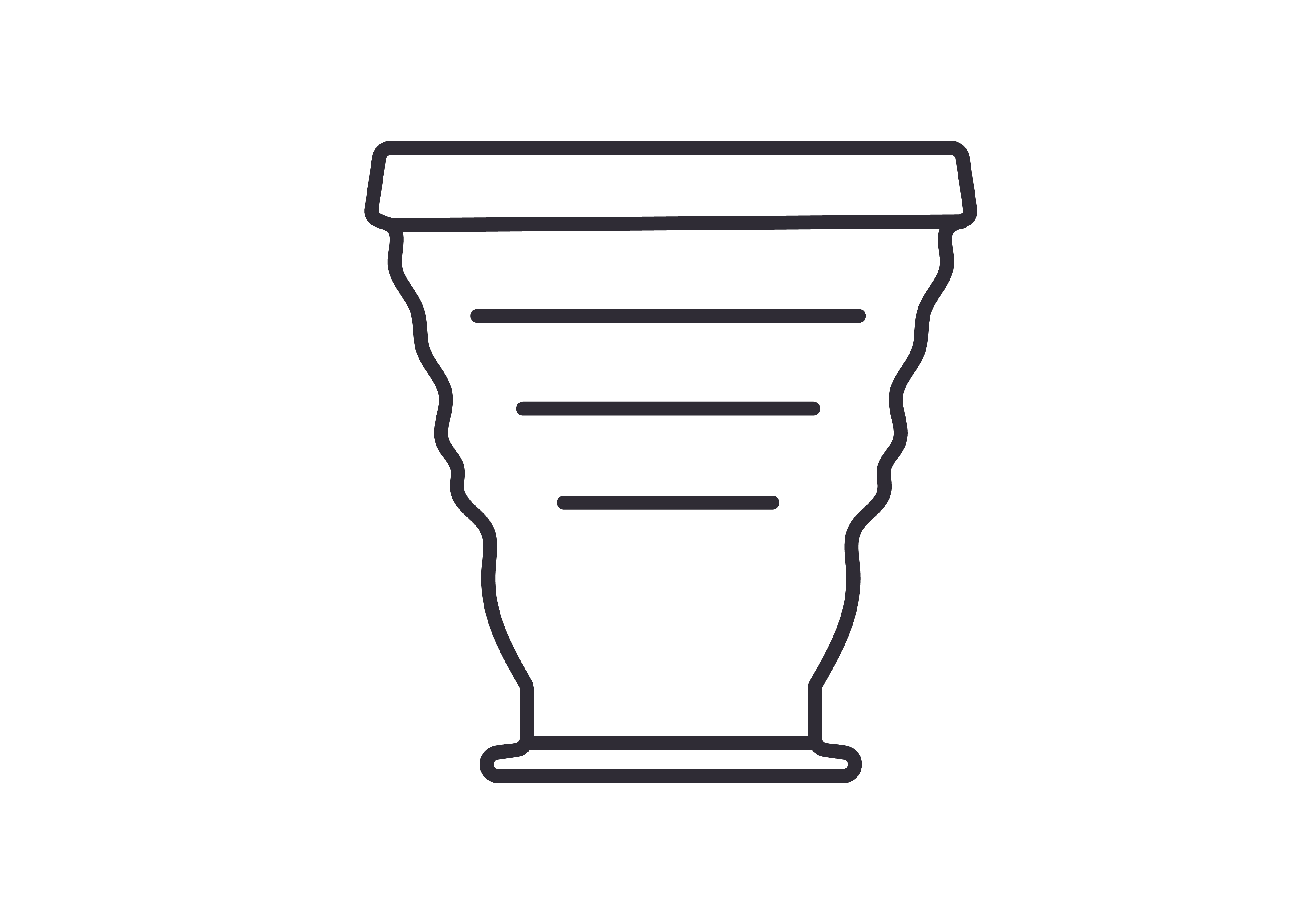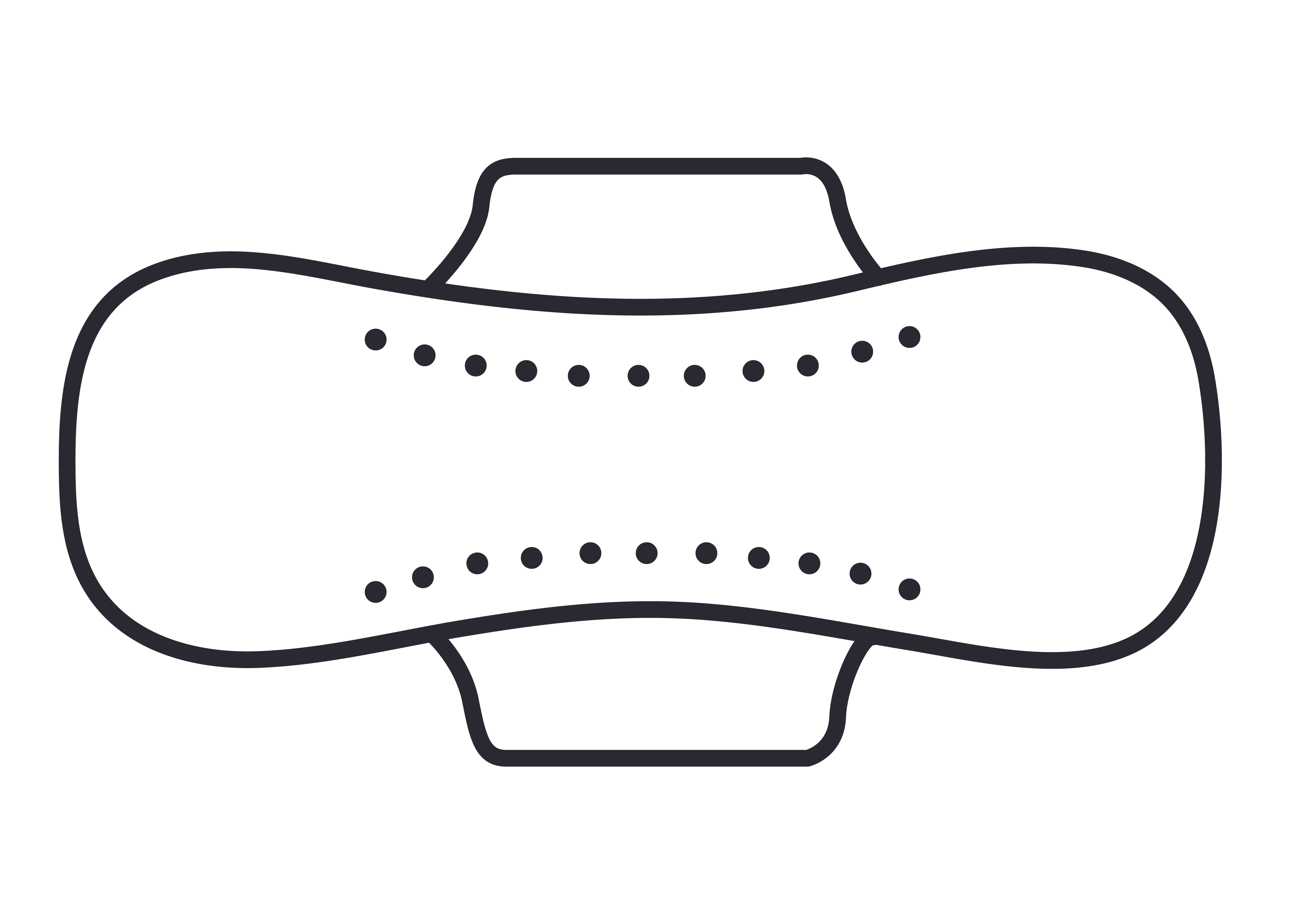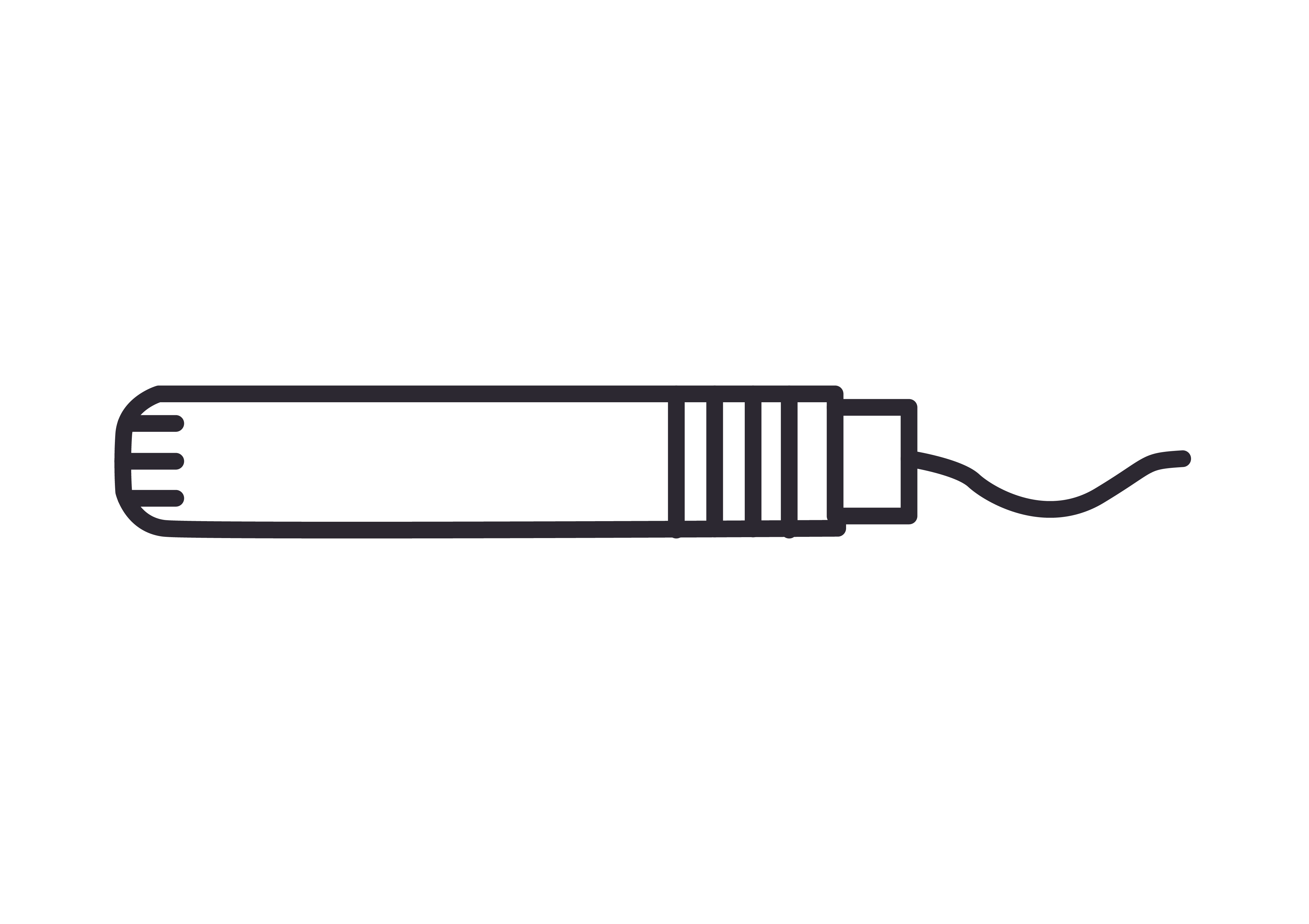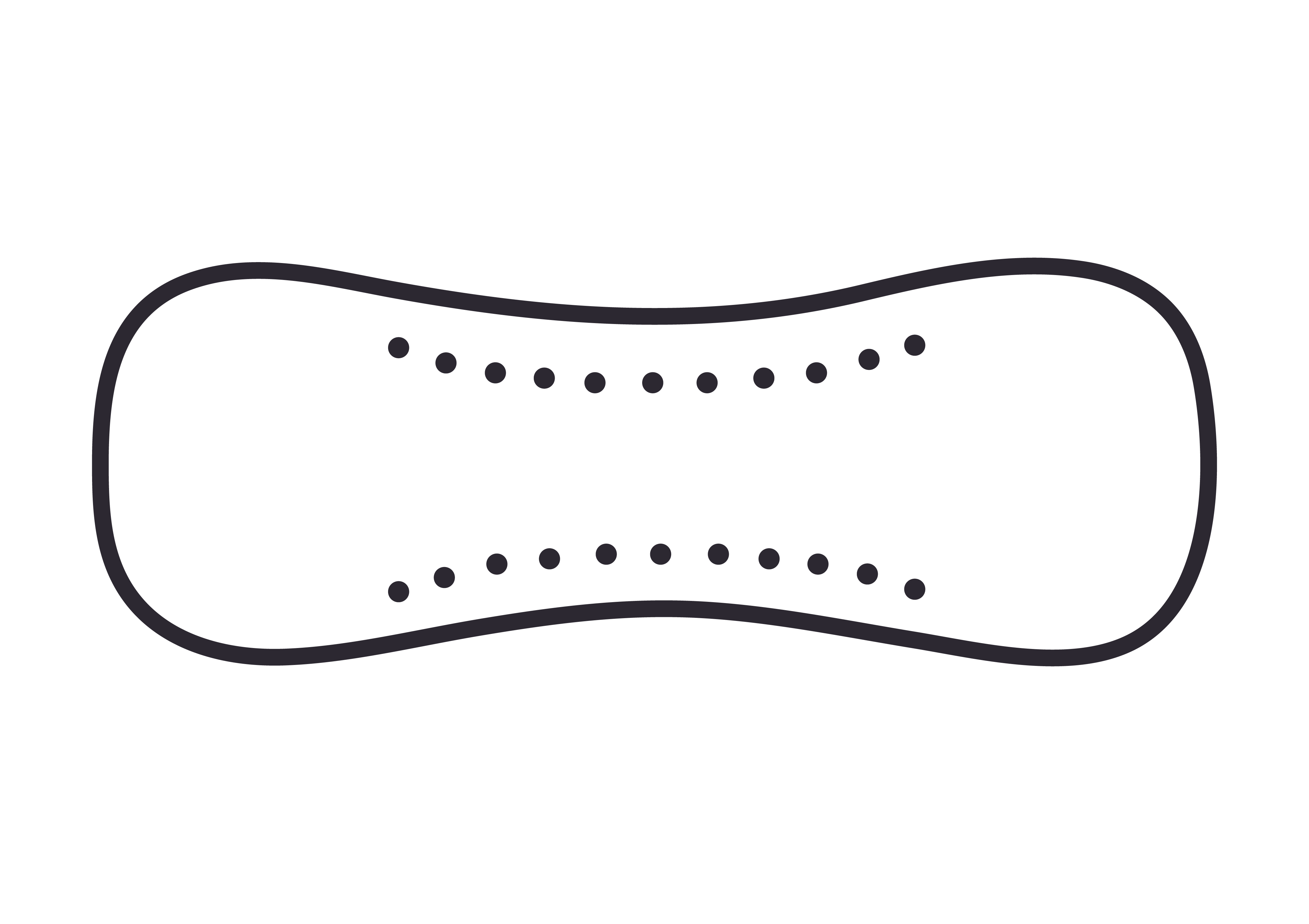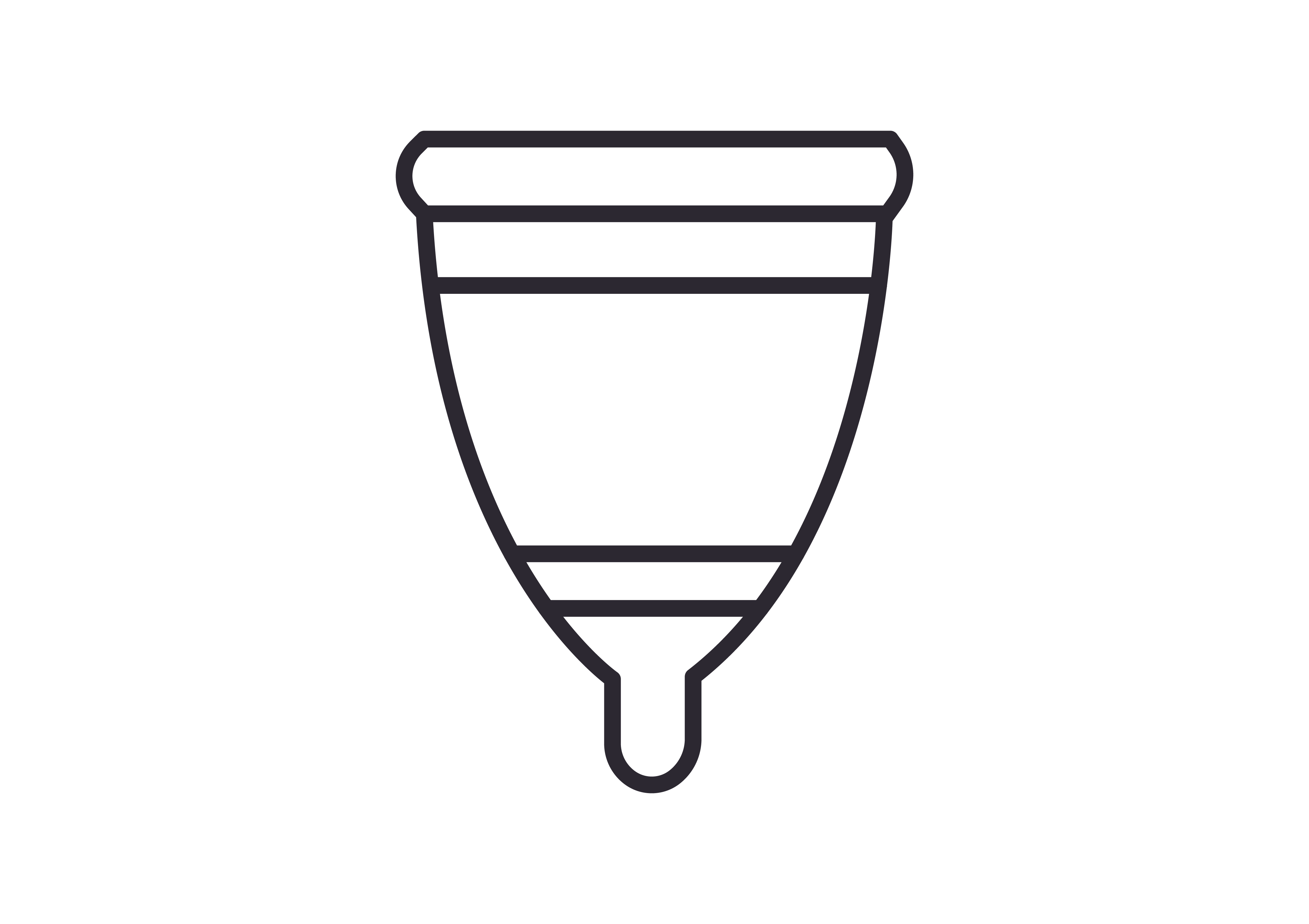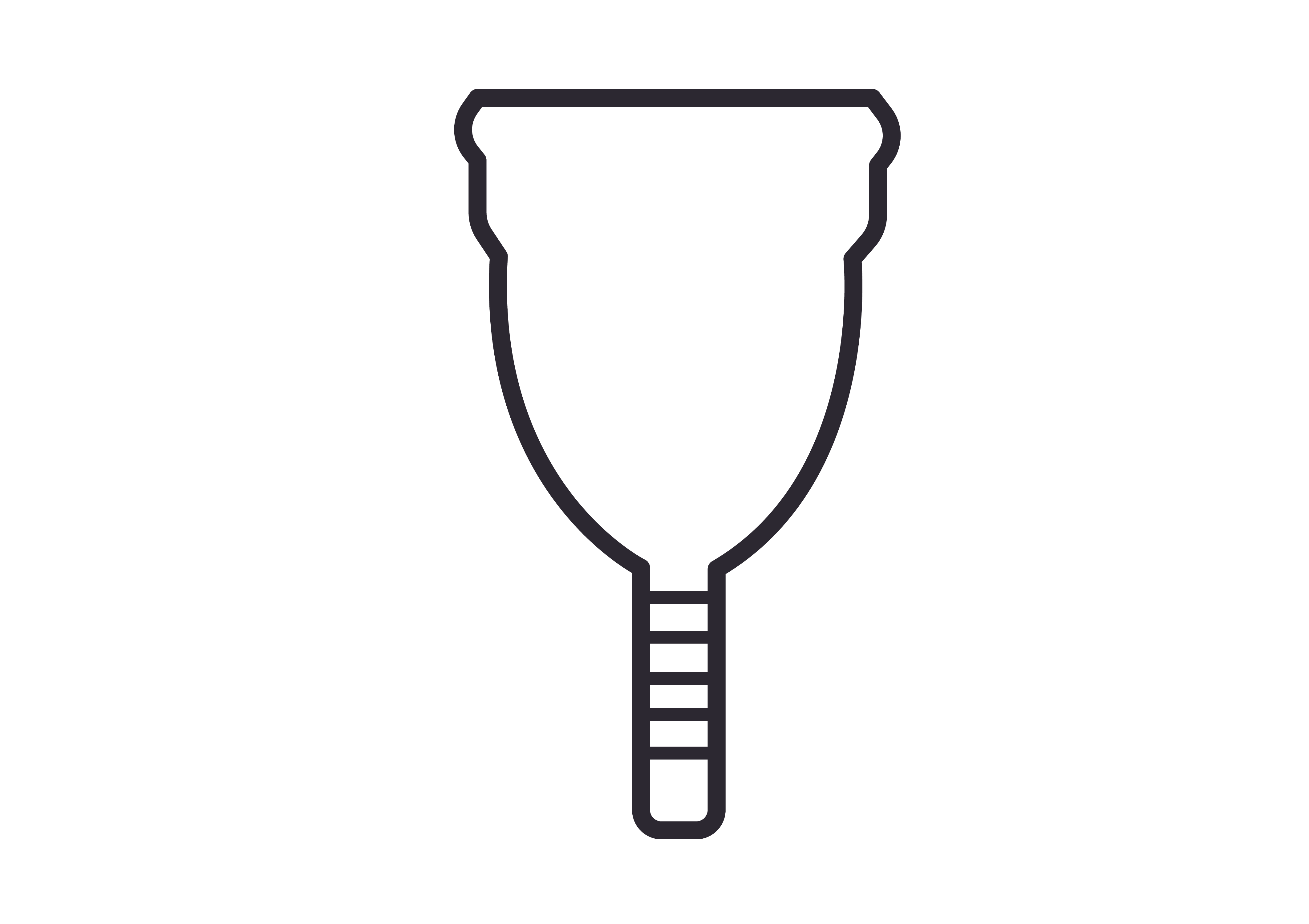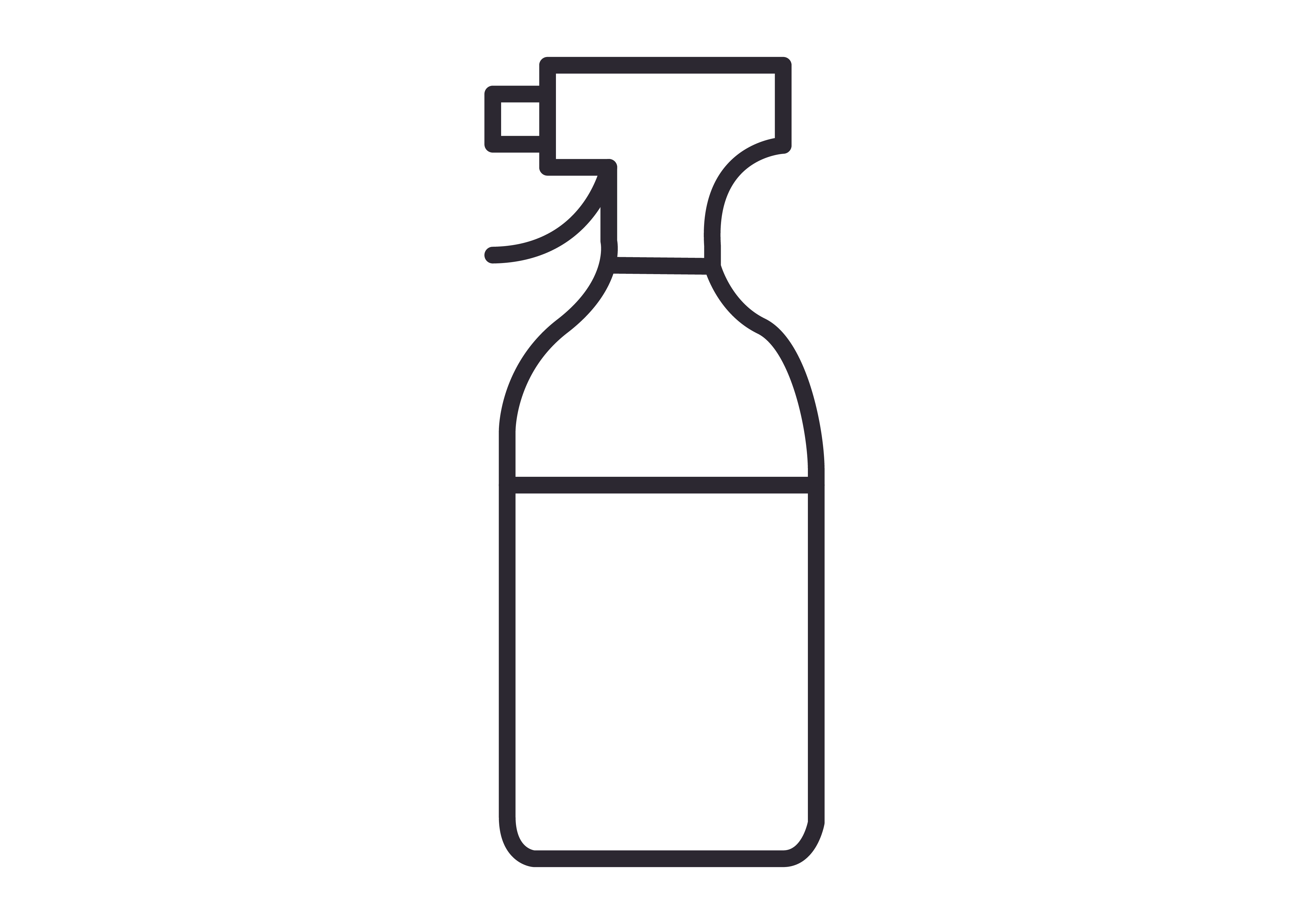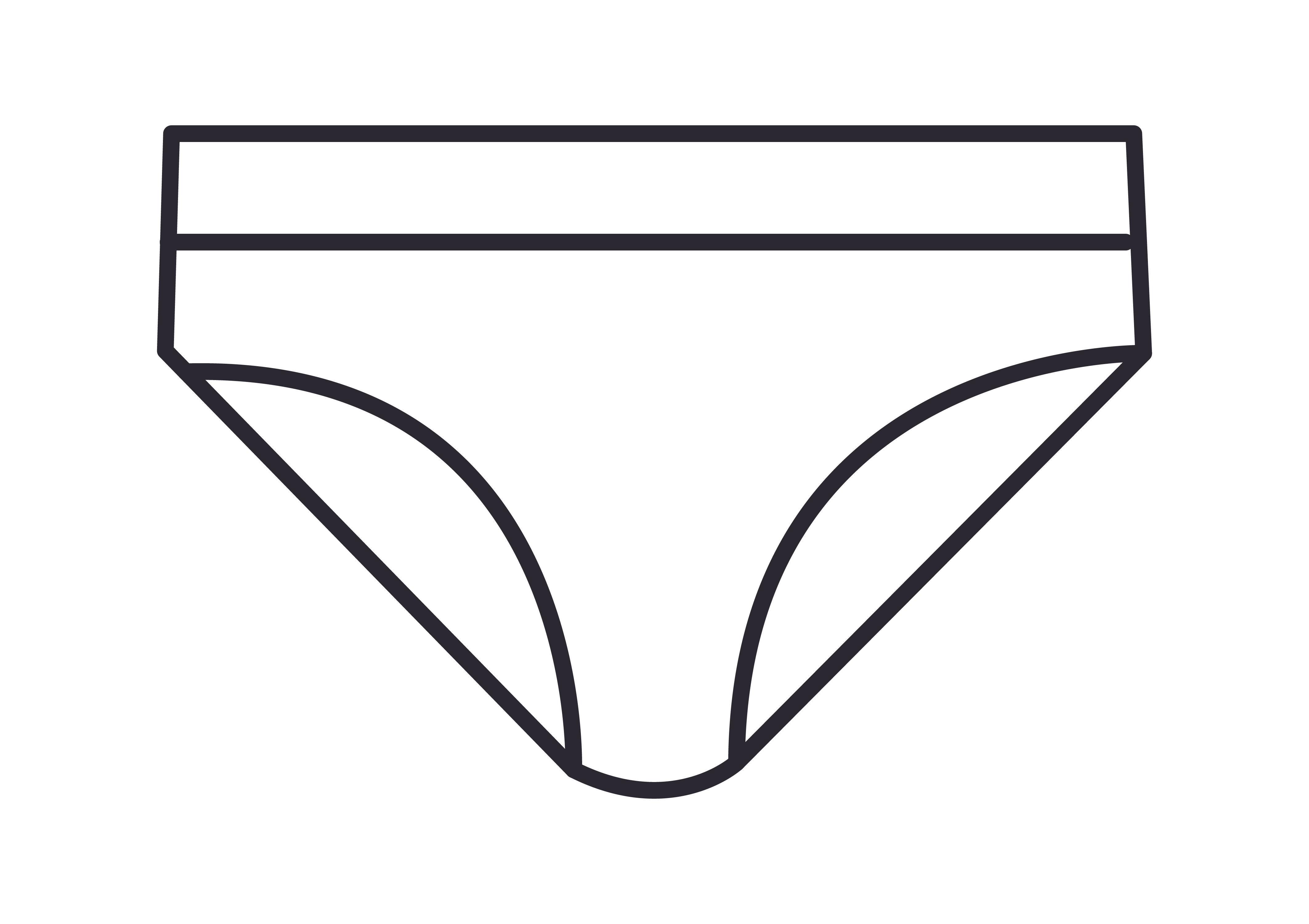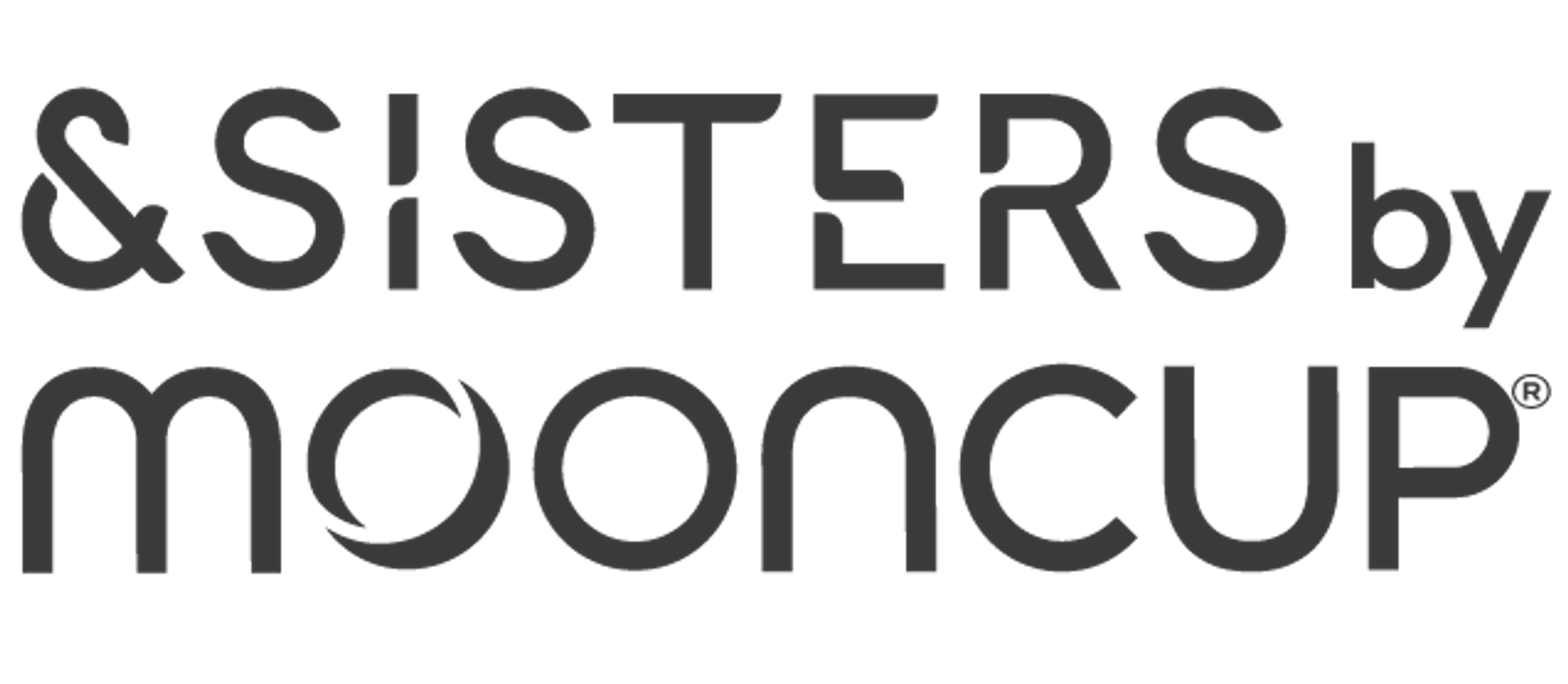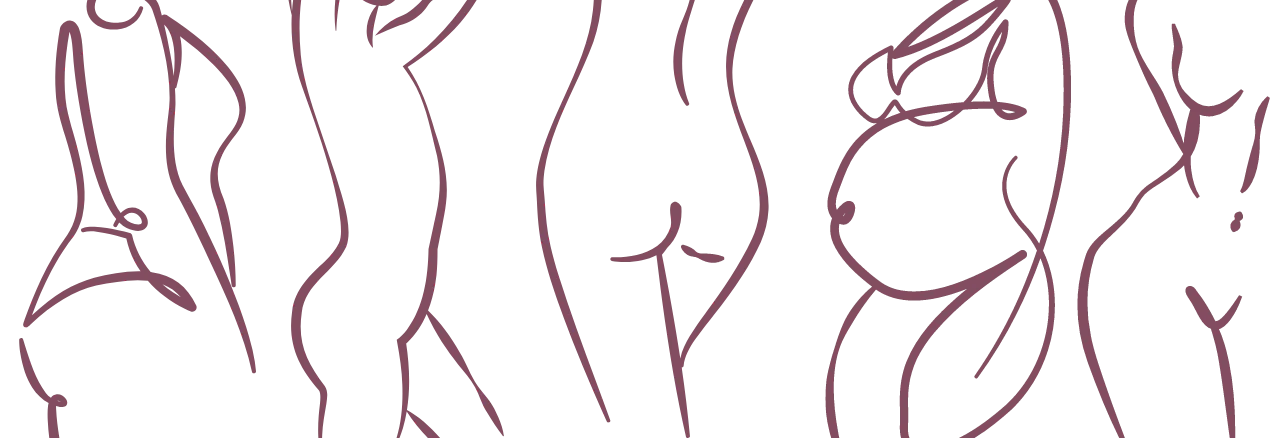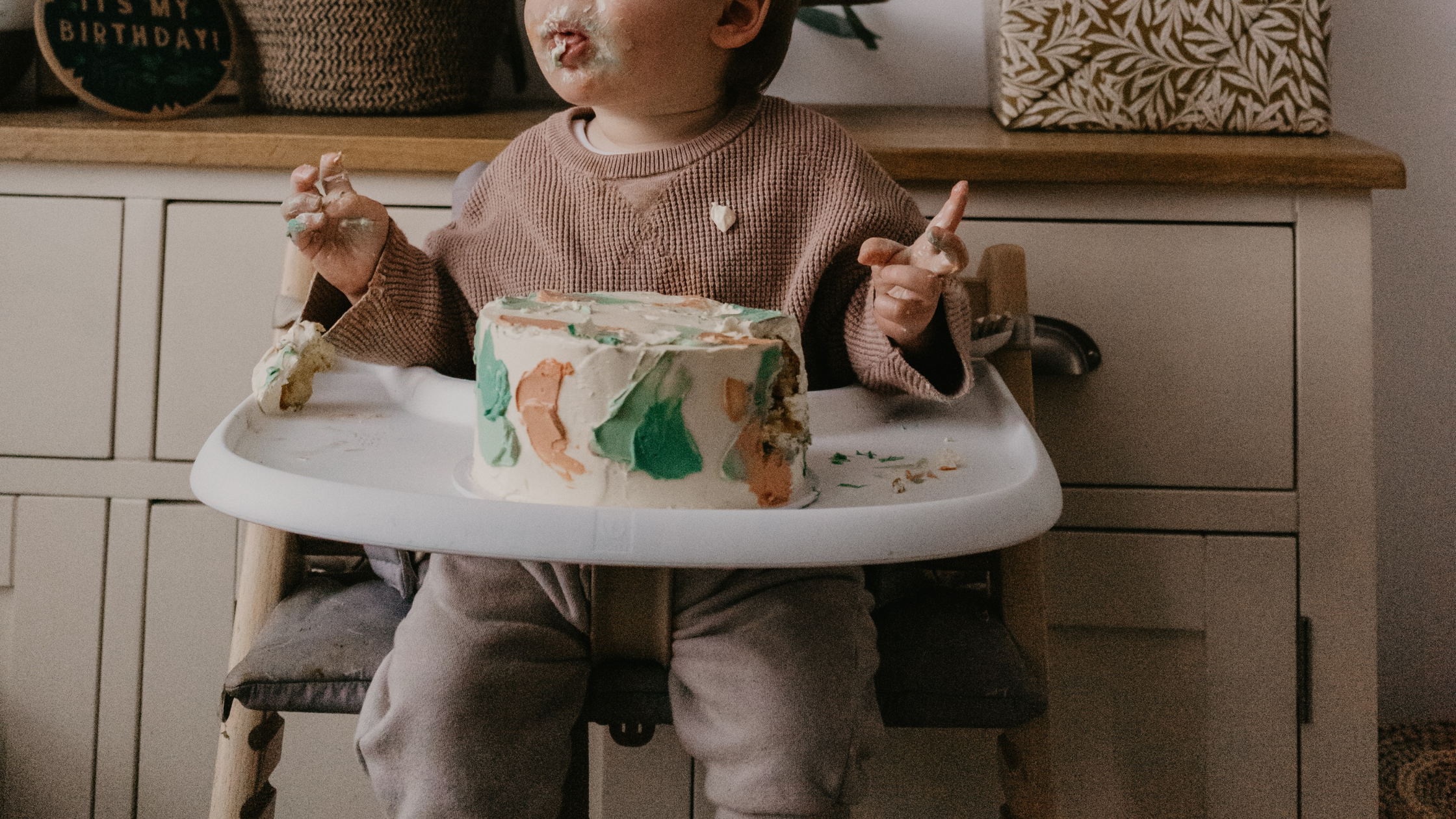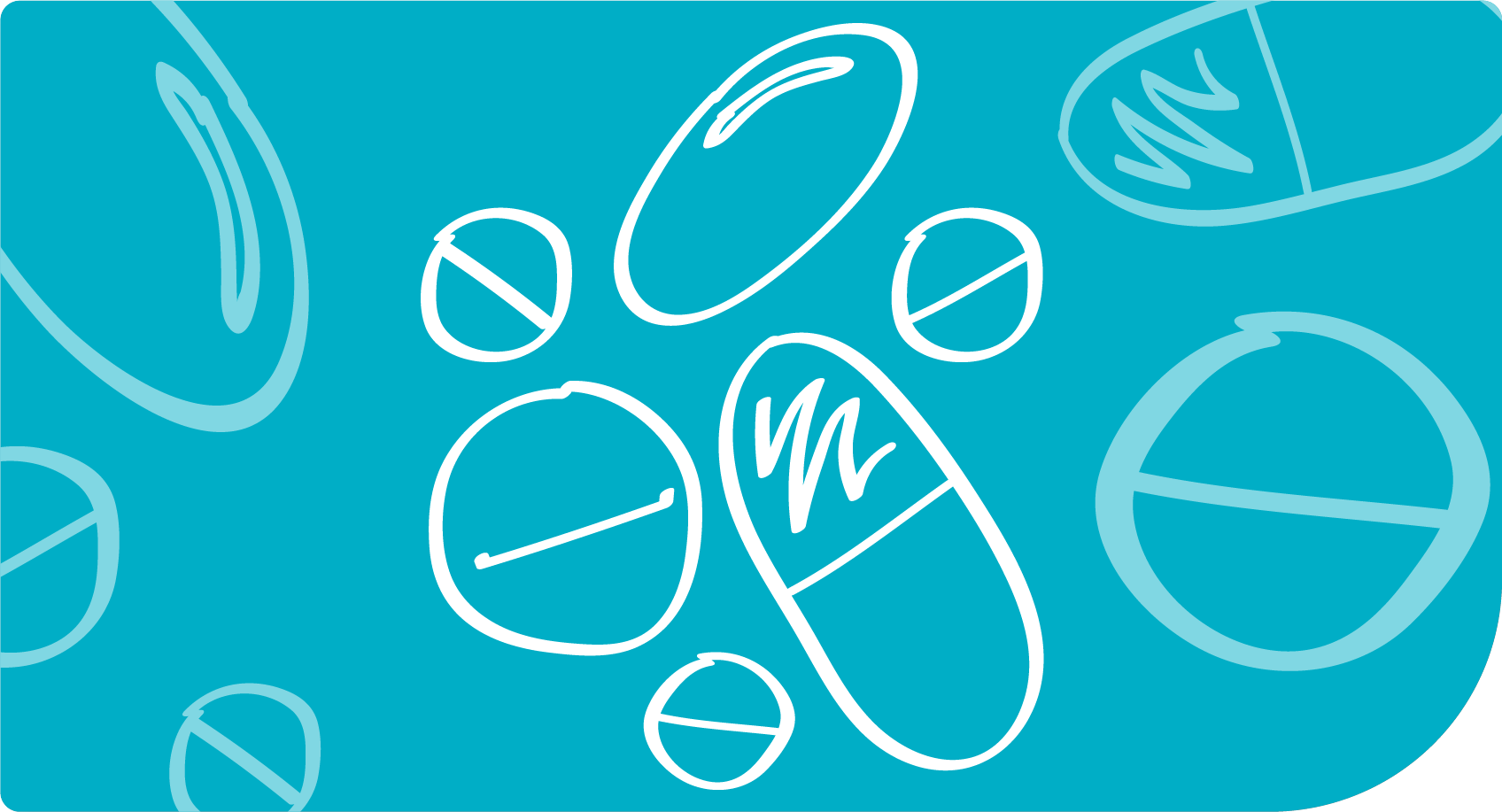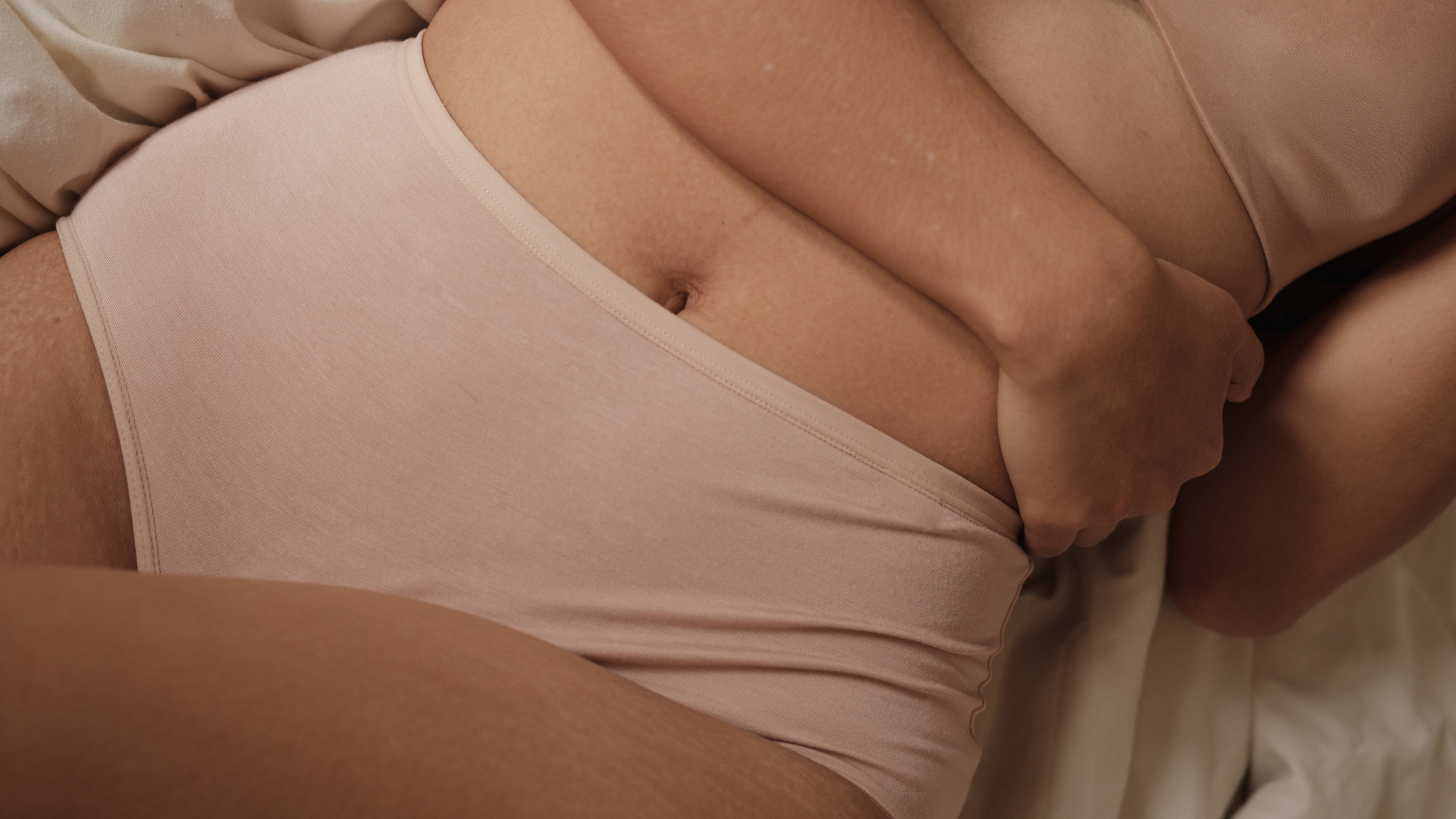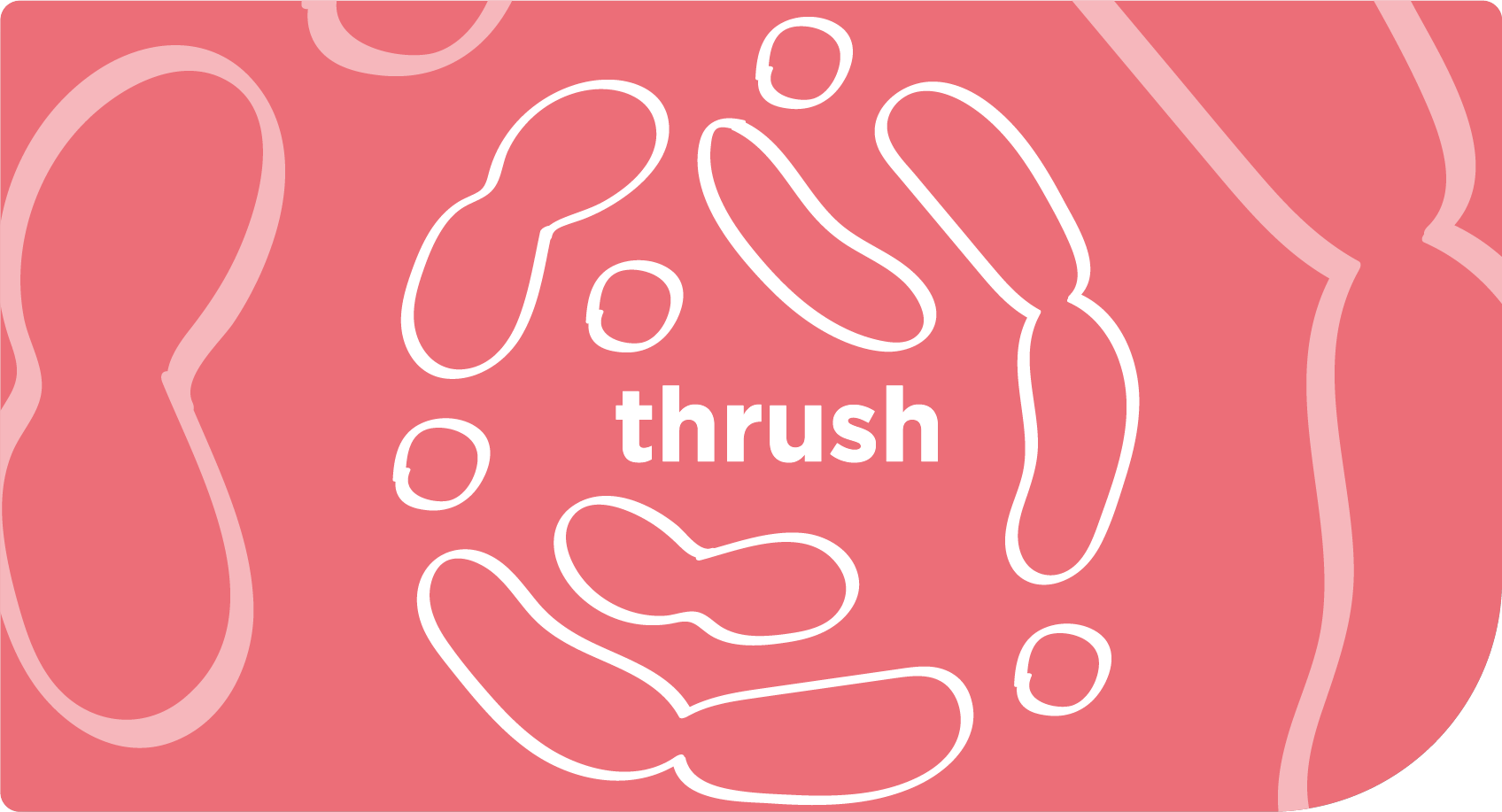Period poverty: what it is and how we can tackle the issue
This article was published in the Early Spring 2020 issue of JUNO. To buy a copy or subscribe to the magazine, visit Junomagazine.com. Established in 2003, this bi-monthly publication focuses on natural parenting and family life. &SISTERS really enjoyed collaborating with them on their ‘positive periods’ issue.
What is Period Poverty?
Period poverty is the inability to access period products due to financial or social constraints. More than 137,700 girls missed school in the UK because they could not afford basic sanitary products in 2017 alone. Indeed, millions of women around the world stay at home during their periods, whether because of shame attached to menstruation in their cultures or inadequate access to period products. In India, a quarter of girls miss school or drop out entirely because of menstruation, and only 12% of women have access to sanitary pads. According to a survey in South Sudan, 83% of school girls use old cloths, goat skins or nothing at all to manage their periods whilst UNESCO estimates that 50% of girls in Kenya do not have access to period products. In many parts of the world, girls receive absolutely no menstrual education. Up to 82% of girls in Malawi learn about menstruation only when they get their first period, whilst a third of girls in rural Gambia thought that their period was a disease. These sobering statistics get to the heart of what propagates period poverty – a lack of education and the stigma surrounding menstruation in many cultures.
In the UK, it is those in low-income families, the homeless and asylum seekers who are most vulnerable to period poverty, unable to afford the £128 that the average woman spends on sanitary products per year (according to charity Bloody Good Period). Indeed, 1 in 10 girls between the ages of 14 and 21 have been unable to afford sanitary products, according to Plan International UK research, whilst 27% of girls overuse a sanitary product, as they cannot afford a fresh one. The issue is glaring – period products are categorised as ‘luxury items’ in the UK, and therefore subject to 5% VAT (the so-called ‘Tampon Tax’). Enforced under the Labour government in 2000, the categorisation of sanitary products as ‘non-essential’ products is tantamount to a financial penalty for menstruation, an unavoidable part of women’s lives. Despite parliament accepting an amendment to abolish Tampon Tax in 2016, EU legislation prevented the then-Chancellor George Osbourne from putting this into effect. In very real terms, women may find themselves forced to forego buying tampons in order to afford food, instead using makeshift pads from household items such as socks, paper or toilet roll.
Whilst Britain’s planned exit from the EU may see an end to the Tampon Tax, the UK government has taken significant steps to tackle period poverty. A dedicated ‘Menstrual Hygiene Day’ (on the 28th May) aims to raise awareness of the issue, and a first of its kind Period Poverty Taskforce was launched in May 2019. Chaired by Minister for Women and Equalities Penny Mordaunt, Plan International UK and Procter & Gamble, it aims to tackle the stigma around periods, whilst improving access to period products. This follows a government pledge to provide free period products in schools, hospitals and police custody, as part of the Chancellor’s 2019 Spring Statement. In Scotland, a £5.2m investment by government earlier this year means that all schools, colleges and universities now offer free sanitary products, in an effort to ‘banish the scourge of period poverty’ among pupils and students.
Meanwhile at grass-roots level, charities and activists have made huge contributions towards eliminating period poverty in the UK and globally. Since 2017, when then 17-year old student Amika George launched the Free Periods movement from her bedroom, likeminded activists across the world have harnessed the power of social media to raise awareness and affect positive change. In January 2019 Ms George launched a legal campaign alongside The Red Box Project and The Pink Protest to make free access to period products in all schools an obligation for future governments. In the mean time, charities like Bloody Good Period and The Red Box Project, which distribute period products to schools across the country, help to meet the needs of girls and tackle the stigma around periods within education.
Where do re-usable products come in?
Both cost-effective and environmentally friendly, reusable period products may offer a sustainable and longer-term solution to period poverty. Designed to be washed and re-used, cloth sanitary pads, period pants, menstrual sponges and period cups remove the need for monthly expenditure on period products altogether. Cloth sanitary pads are an alternative to disposable pads and an option for tackling period poverty. Initiatives such as AFRIpads works with women across Africa to provide reusable CSP (Cloth Sanitary Pads), whilst creating jobs by employing women to make the menstrual kits from their manufacturing base in rural Uganda. In a similar vein, period cups offer a sustainable and cost-effective alternative to traditional tampons. Designed to catch rather than absorb menstrual blood, they can be emptied, washed and reused for years and offer up to 12 hours of protection. Whilst re-usable period products may require a higher initial investment, the longer-term financial benefits are clear. The cost to the environment is also far lower – plastic tampon applicators and pads can take up to 100 years to degrade and are responsible for significant beach and ocean contamination. By offering reusable period products to those in need, charities can reduce the cost of future periods whilst cutting single-use plastic waste.
How can you help?
From donating period products to food banks to raising awareness on social media, everyone can play a part in ending period poverty. There is a whole new era of brands that operate a 1:1 policy or donate a percentage of profits to women’s health charities, such as Hey Girls, who donate a pack of towels or tampons for every pack sold. Switching to a socially conscious feminine care brand, like &SISTERS, is an easy way to help the cause.
Sources
https://plan-uk.org/media-centre/plan-international-uks-research-on-period-poverty-and-stigma
https://www.freeperiods.org/about-us
https://andsistersfoundation.org/
https://www.pinkprotest.org/freeperiods
